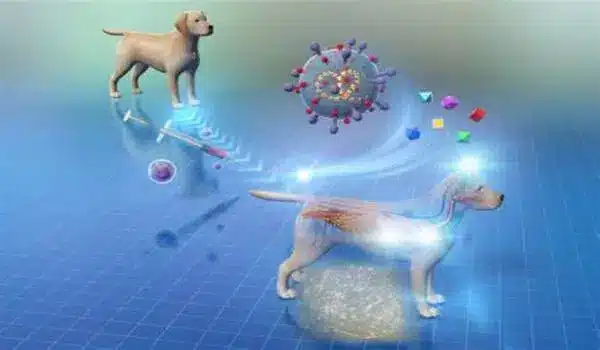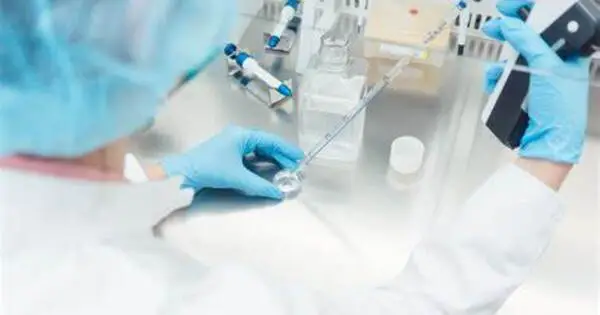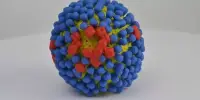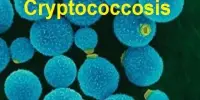Ongoing research is likely to uncover new applications and benefits of canine stem cell therapy. Scientists may discover more targeted and effective ways to utilize stem cells for different health issues in dogs.
Scientists have devised an effective, non-invasive, and painless method for producing canine-induced pluripotent stem cells (iPSCs). They discovered six reprogramming genes that can increase canine iPSC synthesis by 120 times over traditional fibroblast-based approaches. Creating iPSCs from urine-derived cells without the need of feeder cells was previously impossible. Their discoveries are expected to help develop regenerative medicine and genetic disease research in veterinary medicine.
Dog owners may need to learn to appreciate their canine companion’s pee. Scientists at Osaka Metropolitan University have developed an effective, non-invasive, and painless method for reprogramming canine stem cells from urine samples, bringing our furry friends one step closer to veterinary regenerative therapy.
As a veterinarian, I have examined and treated many animals. However, there are still many diseases that either cannot be cured or have not been fully understood.
Professor Hatoya
In human generative medicine investigations, induced pluripotent stem cells (iPSCs) are commonly used. With the expanding relevance of advanced medical care for dogs and cats, it is expected that new iPSC-based medicines will be created for these companion animals, just as they have for humans.
Unfortunately, canine somatic cells have poorer reprogramming effectiveness than human cells, restricting the types of canine cells that can be used to generate iPSCs. IPSC induction frequently uses feeder cells from a different species. However, given the accompanying hazards, reducing xenogeneic components is frequently recommended, indicating the need to increase the effectiveness of reprogramming various types of canine cells in dogs without employing feeder cells.

A study team led by Professor Shingo Hatoya and Dr. Masaya Tsukamoto from Osaka Metropolitan University’s Graduate School of Veterinary Science discovered six reprogramming genes that can increase canine iPSC creation by up to 120 times when compared to traditional fibroblast procedures.
The iPSCs were produced from urine-derived cells in a non-invasive, simple, and painless procedure. In addition, the researchers were able to generate canine iPSCs without the use of feeder cells, which was previously impossible. The team hopes to share their findings with the global research community, helping to progress regenerative medicine and genetic disease studies in veterinary medicine.
“As a veterinarian, I have examined and treated many animals,” explained Professor Hatoya. “However, there are still many diseases that either cannot be cured or have not been fully understood. In the future, I am committed to continue my research on differentiating canine iPSCs into various types of cells and applying them to treat sick dogs, hopefully bringing joy to many animals and their owners.”
















